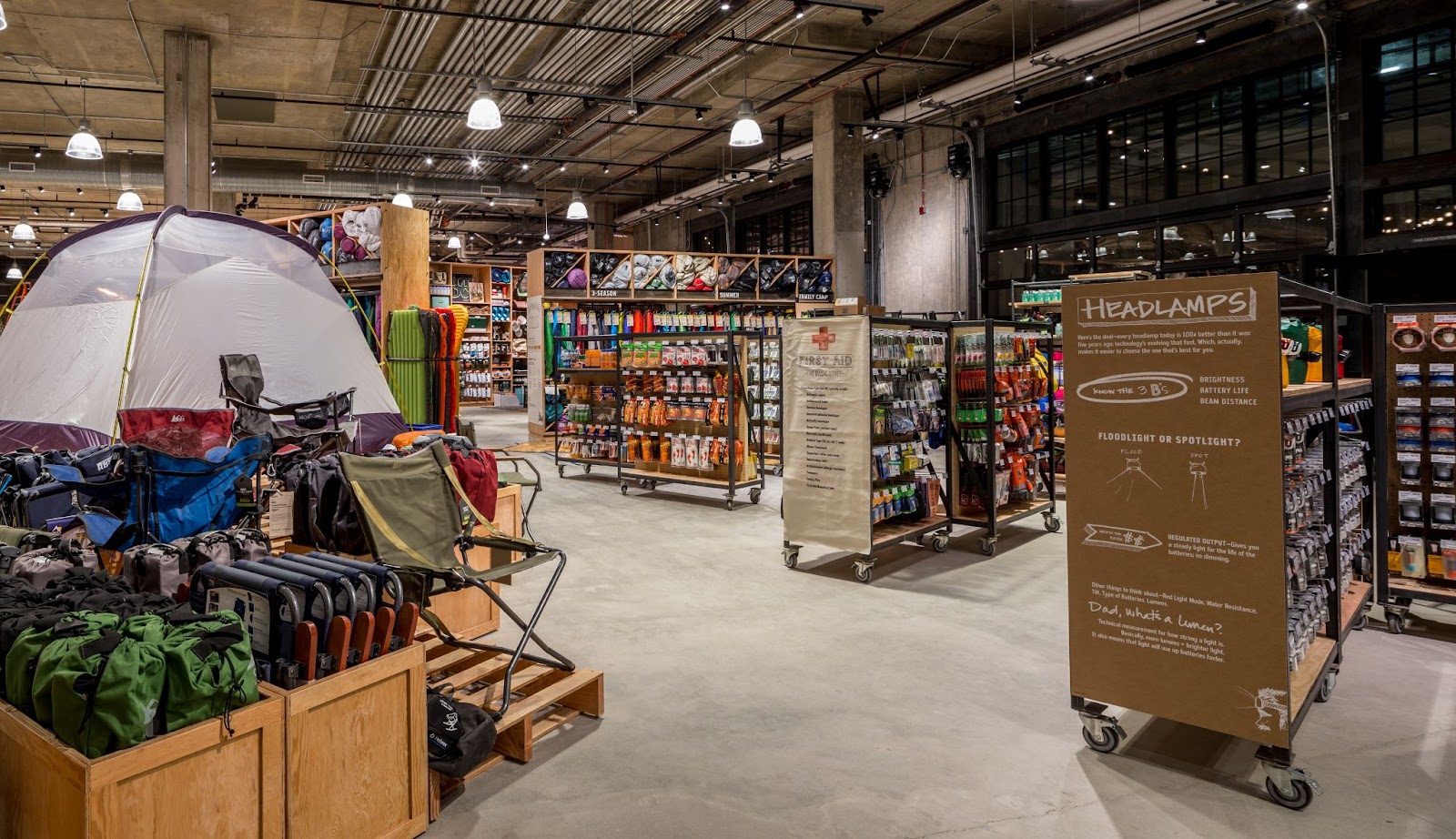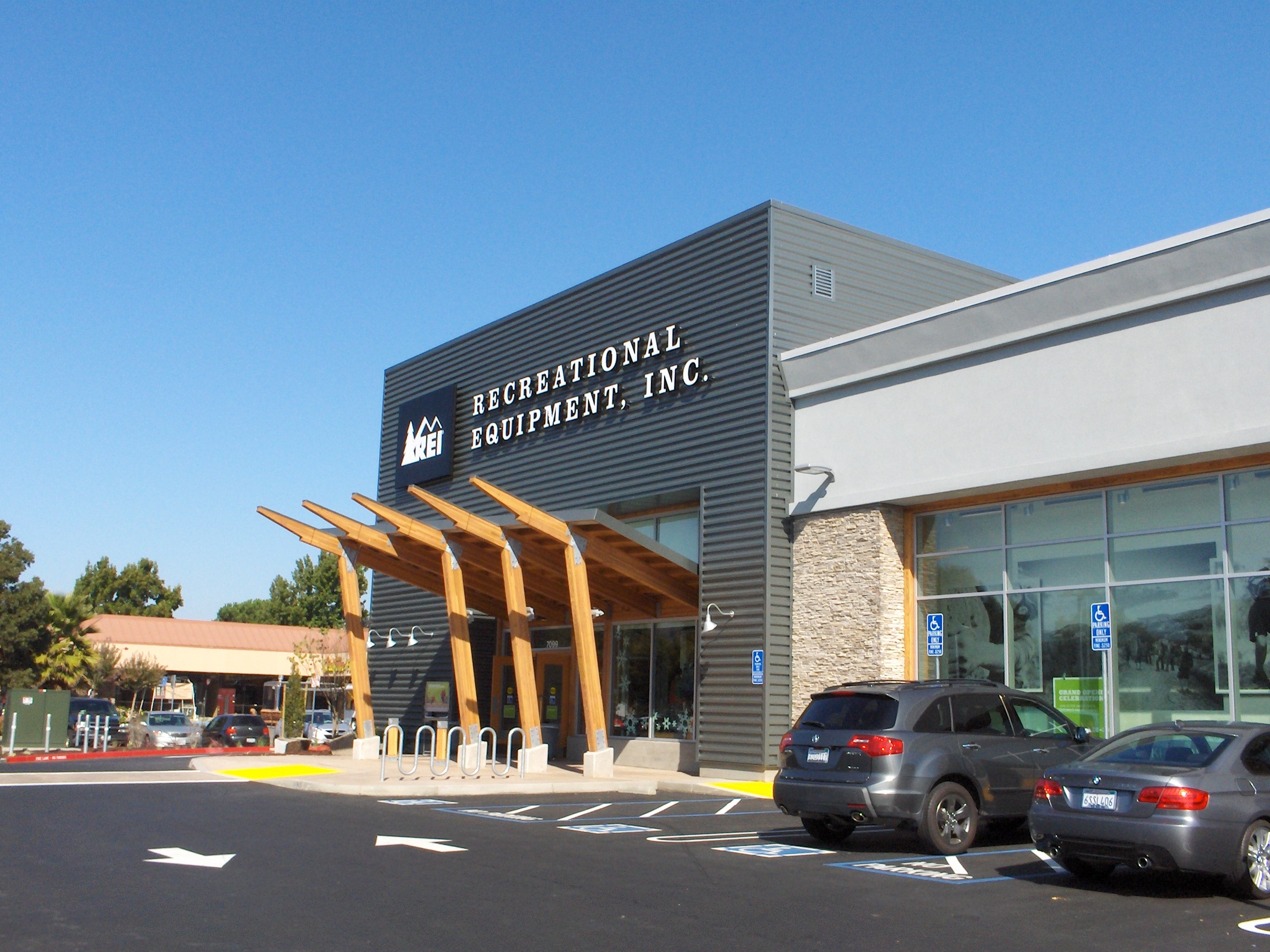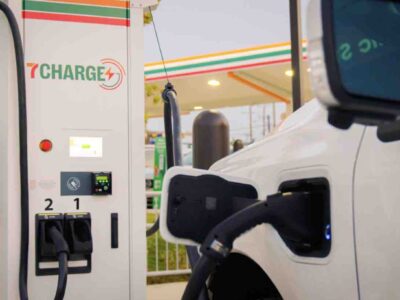Outdoor recreation retailer REI has been implementing sustainable business practices since 2018. The company has followed Product Impact Standards since then, making revisions and updates to the policy. The focus of the standards is to limit the use of harmful chemicals and other ways to fight climate change.
They were updated again and released in late February, with modifications around emissions, advancing inclusion, and managing chemicals. Of particular note, REI and brand partners are required to eliminate per -and poly-fluoroalkyl substances (PFAS) in outdoor products.
“The standards keep the co-op and over 1,000 of our brand partners accountable as we address the issues that are most important to our community,” said Chris Speyer, VP of product, said in a statement.
PFAS are common chemicals used on water-repellent gear. They are also used in plastic cookware, shoes, or anything lined.
Under the updated guidelines, cookware and textile products — accessories, footwear, packs, and apparel — supplied to REI must be PFAS-free by fall 2024. Heavy-duty textiles like rain jackets must adhere to them by 2026. The outdoor retailer already began phase-out plans for camping supplies and skiing products.
PFAS are quite harmful to the environment. If let into nature, the compounds won’t break down, resulting in damage to it and surrounding wildlife. They can also have effects on our health. If some PFAS end up in rivers or streams, fish and aquatic life are at serious risk of complications, as could our water supply.
The U.S. Environmental Protection Agency has been laying the groundwork to reduce the amount of PFAS used in production. The strategy will hold businesses accountable for pollution, research on the health effects of PFAS will be conducted, and funds will be allocated to clean up contaminated water in disadvantaged communities.
REI is one of over 100 retailers that drafted a letter and petition calling for a PFAS phase-out. The letter was drafted in cooperation with Toxic-Free Future, a climate activist firm focused on stopping chemical pollution. The petition garnered more than 110,000 signatures from REI customers and members.
The issue the company is running into is finding a substance to create waterproof properties. Experiments are being conducted to find a more natural alternative.

Photo Courtesy Tommy Lisbin
Patagonia has also implemented a similar practice for its outdoor clothing, with the company planning to make all water-repellent clothing without PFCs, a variant of PFAS. In 2019, the company’s first PFC-free products were launched. According to the company website, “92% of Patagonia’s materials by volume with water-repellent chemistries” will be PFC-free by fall 2023 — the goal is to be 100% PFC-free by 2024.
“We were looking for a magic chemistry that could do it all and get our performance back and keep your jacket waterproof,” Matt Dwyer, vice president of product impact and innovation at Patagonia, told “Bloomberg.” “And it took a whole lot more work than that.”
More retailers are adopting sustainability goals as they seek to reduce their emissions output and improve their ESG performance. REI is no different.
More than 400 brands follow the outdoor supplies store’s sustainability guidelines. Over 300 brands representing more than 70% of REI’s annual sales said they measured their emissions and implemented reduction targets.

Photo Courtesy REI/CallisonRTKL Inc.
In addition, the last two years have been good for REI, reaching 100% carbon neutrality across all its brands and business operations in 2021, with eight new stores opening. In 2022, $3.85 billion in revenue was generated, and of that, $6.9 million was invested across 503 nonprofits the co-op works with.
In April of the same year, the company founded the Cooperative Action Network, an outreach campaign that champions climate change mitigation through community action. These initiatives have spurred significant climate actions such as this PFAS phase-out.
In addition to the PFAS phase-out, REI is focusing on inclusive sizing and for the co-op’s brand partners to steer clear of any cultural appropriation, especially regarding “Native inspired” design. The same principles apply to marketing copy for products.





